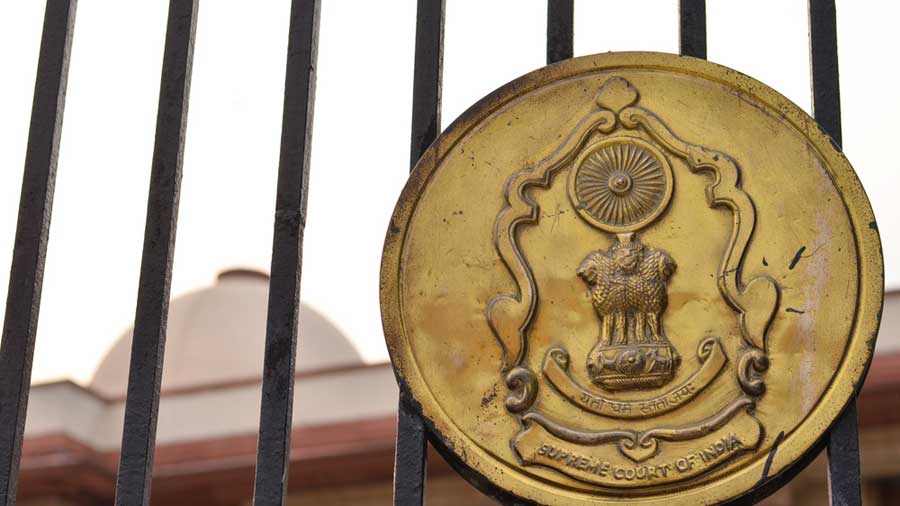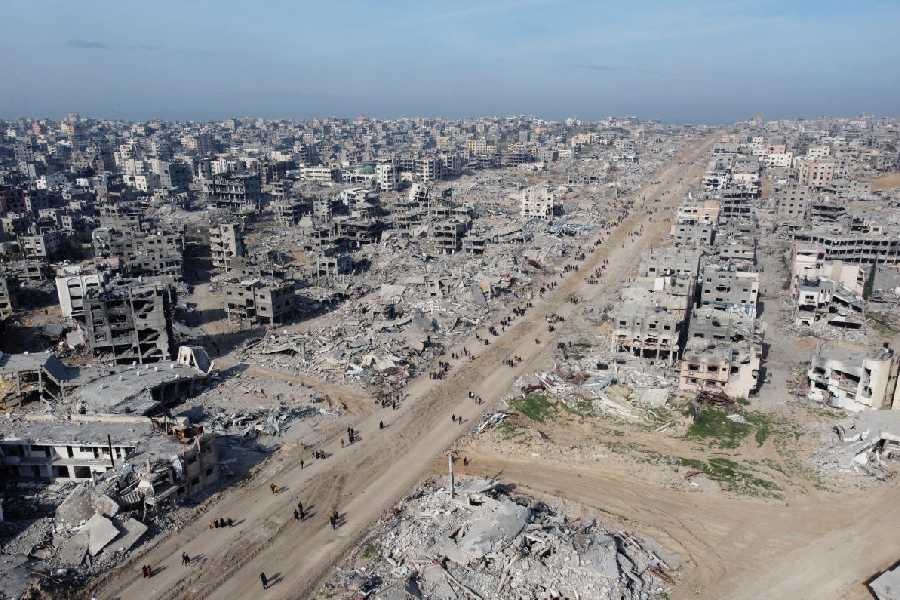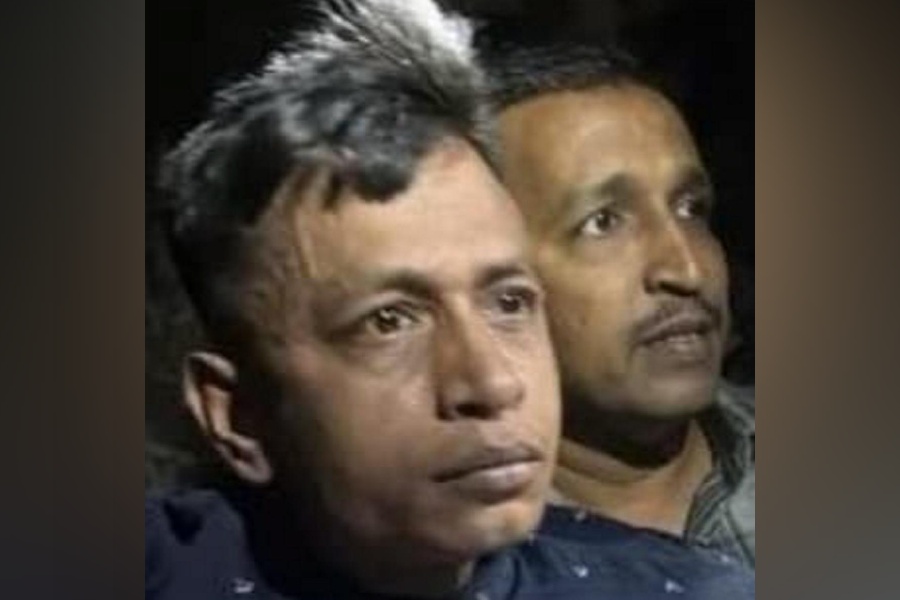Restraint is, expectedly, a rare phenomenon during shrill times. The propensity for distorting the truth and vilifying minorities, some of the consequences of the absence of restraint in the institutions of democracy, must be curbed. This was the crux of the heartening message that has gone out in the course of the Supreme Court’s deliberations on a case in which a television channel, Sudarshan News, stands accused of alleging that jihadis — in other words, Muslims — have infiltrated India’s civil services. India’s highest court must be praised for making several pertinent observations on the matter. The court, for instance, took cognizance of the fact that “pre-publication restraint” — a stay will prevail on a particularly toxic news show until the channel curbs its eagerness to fan communal flames — comes with its own set of challenges in a democracy. This cogent reasoning is important given that some legal injunctions have allegedly cast a shadow on the media’s right to unrestrained expression; the Andhra Pradesh High Court’s directive to the media to not report on a first information report against some persons, including the state advocate general, is a case in point. Some of the other relevant issues that were discussed include the rhetoric of nationalism — a useful broom to beat dissenters with — the importance of transparency to deduce whether the government is playing a partisan role when it comes to doling out revenue to the media as well as the ‘toothlessness’ of the National Broadcasting Association.
The Bharatiya Janata Party-led Centre, a supposed beneficiary of the sustained media campaign of stigmatization against minorities, has attempted to speak up for journalistic freedom. But the freedom of a pliant media now falls in a twilight zone with obedient television networks setting aside ethical standards and moral concerns to brand a particular community. Strikingly, the Centre is on record stating that there is a need to regulate digital media but not television networks. That the shenanigans of the digital media have given the entire media fraternity a bad name is undeniable. But regulations, if they are necessary, cannot be selective. The Supreme Court’s remarks expose, once again, a rot that is the result of complicity between the State and the media. Self-regulation, always better than legislative restraints, could address the problem.











